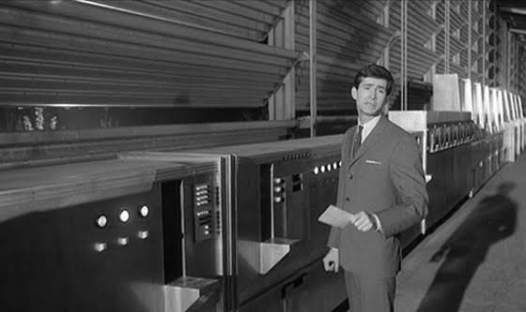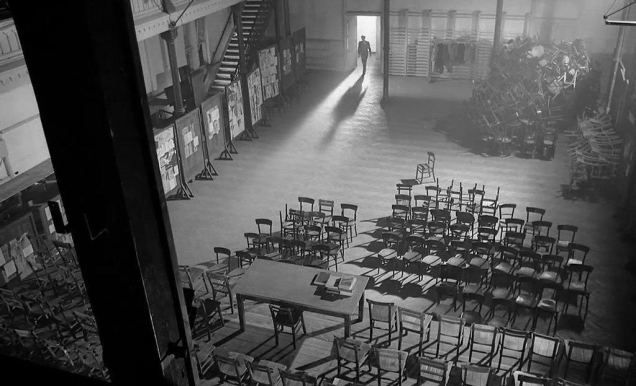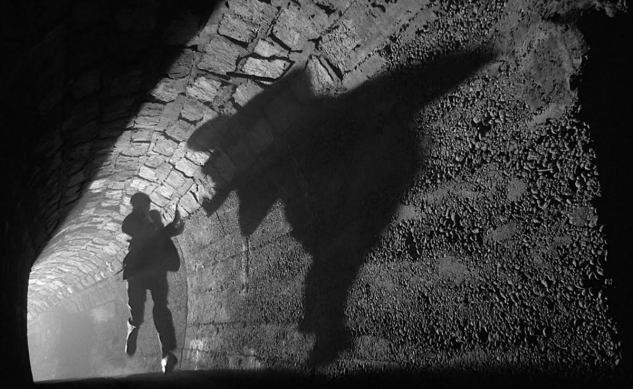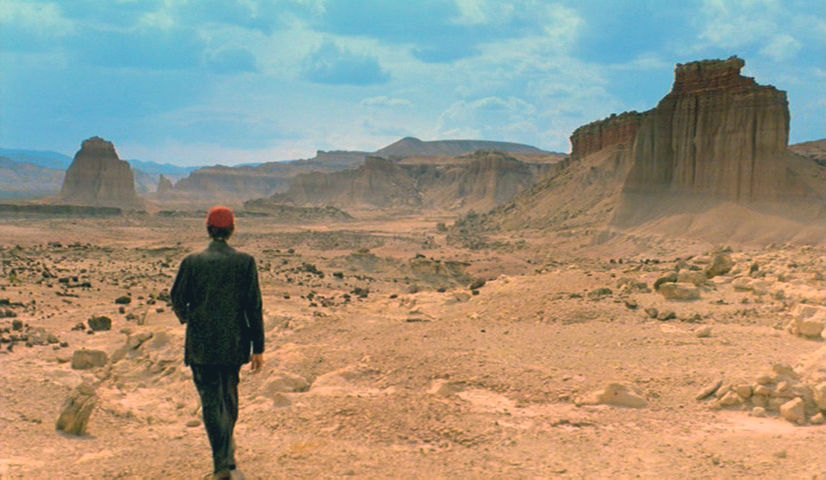The Trial (1962)
- decapvada
- Mar 13, 2024
- 2 min read
Orson Welle’s adaptation of Franz Kafka’s absurdist masterpiece follows the plot closely yet upon inspection it bursts with design choices that layer its story with subtext. He called it his masterpiece and at the time hardly a critic agreed: ‘A dead thing, like some tablet, found among the dust of forgotten men,’ Charles Higham’s Welles biography quoted.

The original novel is no easy read as Kafka never finished much of his work before his death. The Trial film, ironically, is no easy watch either. Joseph K was never a very likeable protagonist, he is easy to anger and flares up quickly. He comes across as arrogant and at times discourteous. The truth behind K’s characterisation will never truly be known due to the author’s death, however, having Anthony Perkins play the part of the accused man was a stroke of genius. Surely intentional, as Welles knew very well that he was gay, K/Perkins is judged by every person he meets. He avoids the advances of every woman he comes across, even when K talks about his spouse, showing a picture of her, we never actually see her as the photograph is held facing away from the camera.

Visually the Trial stands as tall as the cold, heartless buildings looming from the city's backdrop. It would be no surprise to learn that Terry Gillian’s own nightmarish dystopia in Brazil was influenced by the world of the Trial. All corporate, all concrete, and complicated, the cluttered scenes of the workplace built of rows and rows of desks, the buildings of many, many windows, the leering shadows looking to envelope the light. The use of close-ups and perspective is utterly suffocating. Perkins was no small man yet he is often dwarfed by his surroundings and his foes through clever camera work.

Its pacing may be too strange for some, its narrative structure seemingly random, and its tone too hopeless, yet the Trial was never a story driven by conventional rules. It is a nightmare in story form, utterly ruled by chaos. Characters say the strangest, most random things, K trips from one place to another with little logical geographical sense. There is an inherent dream logic to the flow of the film and when one remembers that Gordon Cole, David Lynch’s doppelganger, keeps a portrait of Franz Kafka in his office, the connection becomes even more obvious. Modern reassessments have finally announced it to be a masterpiece and its influence on the many great works that followed it represents enough respect, for the words of a critic mean little up against the love of an artist.




Comments